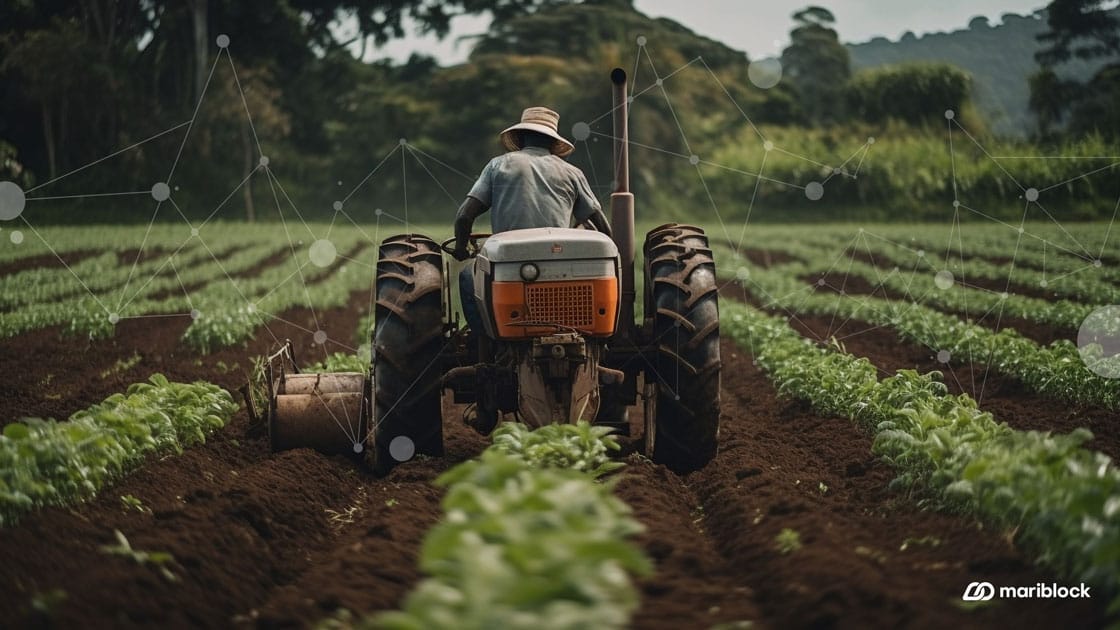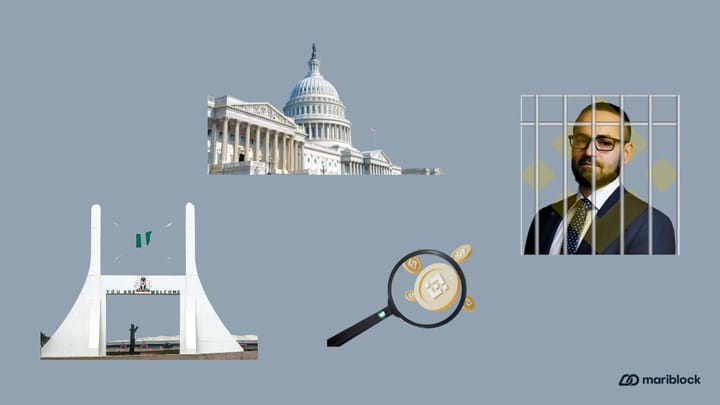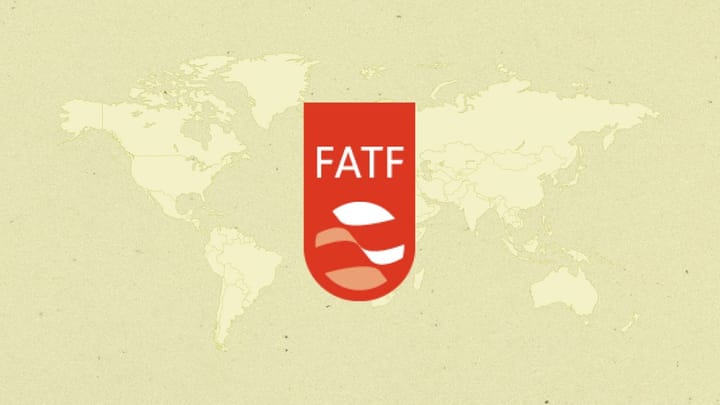UfarmX wants to create blockchain-based digital ‘credit scores’ for African farmers
The US-based startup is expanding its operations into Senegal after conducting pilots in Nigeria.

Blockchain technology has begun to find more real-world use cases after breaking into the scene as the fabric upon which cryptocurrencies are woven. It has been deployed in traditional financial banking, traceability across supply chains, digitizing real estate and agriculture. There’s an emerging agriculture play in Africa.
United States-based agricultural technology company UfarmX wants to employ blockchain to create digital records to connect off-the-grid and underserved farming communities to better agrarian opportunities. But why is creating digital records vital? The answer lies in missing opportunities due to the lack thereof.
As pivotal as agriculture is to Africa, the continent has witnessed slow growth in the sector. The low use of modern technology has seen the industry grapple with low productivity. Poor access to financing to purchase and manage these technological inputs has only deepened the problem.
A World Development Sustainability report found that most small farmers cannot access credit facilities because limited organizations offer realistic loans. The few farmers who get access to some of these loans are put off due to the high borrowing costs and a risk-averse tendency.
For their part, financial institutions do not offer loans to small agricultural businesses because they are considered long-term and offer little returns. Since these institutions are primarily for profit, they tend to lend to more short-term, high-return clients. In addition, most farmers lack proper documentation and record-keeping, making it impossible for lending institutions to see their previous results.
UfarmX’s CEO, Alexander Zanders, told Mariblock that he believes credit facilities are not available to these farmers because credit institutions have no way to assess their performance in previous agricultural seasons. This is because most farmers don’t have records of their activities due to their informal business practices.
The African agricultural sector also faces a problem of traceability. According to the World Economic Forum (WEF), traceability in the food value chain is a problem common in developing countries. It added that identifying supply chain loss points proves difficult and near impossible in these countries.
The traceability problem exacerbates food security challenges when there’s a disease breakout, according to Zanders. “In the Western world, if there is an outbreak of disease due to contamination in a supply chain, they are able to trace it to the source, exactly what farm that it came from,” he said. “On the continent [Africa], as it is right now, if disease breaks out, it is catastrophic, and there is not much really told to the people to do other than pray.”
“One challenge in the Nigeria market specifically that we faced [was] the fragmented markets, the lack of price transparency, or even the lack of price consistency.”
These problems are not just at the production level. Zanders highlighted that some of these farmers suffer losses due to fragmented prices. At the point of sale, many are forced to sell at a loss to find buyers to avoid wasting their products.
“One challenge in the Nigeria market specifically that we faced [was] the fragmented markets, the lack of price transparency, or even the lack of price consistency. There is no set commodity price in the country … [and] no actual transparency or consistency in pricing.”
UfarmX is employing blockchain technology to plug these gaps. Its solution is built on the Polkadot blockchain, which it uses to store data on and off-chain. Data gathered from farmers is put on chain, and QR codes are generated for each farmer so that their data is easily accessible and verifiable for anyone who needs it. Zanders said using blockchain to deploy these solutions to African farmers was particularly important because of the transparency and immutability it provides.
“We leverage blockchain to empower farmers on the continent, linking them to access to quality inputs and guaranteed markets for off-taking.”
Essentially, UfarmX attempts to create portfolios for smallholder farmers to digitize their records and make them easily accessible and verifiable on a blockchain. These records function as credit scores and ensure that the activities of each farmer are now verifiable, creating a pathway for them to access farm inputs and credit facilities.
“We leverage blockchain to empower farmers on the continent, linking them to access to quality inputs and guaranteed markets for off-taking. [We use] the blockchain ledger system and QR codes. Through the utilization of QR codes, we know exactly what seeds and fertilizers were provided to each farmer, and then we are able to track what is produced from those inputs further. This allows us to autonomously create portfolios for the farmers on our platform, which addresses that one challenge about the informal business practices.”
UfarmX does not offer these loans to the farmers. Instead, it hopes to create a pathway for them to approach financial institutions to get these loans. It does, however, provide farming inputs on credit. Zanders added that the company is working to partner with financial institutions that can provide financing to the farmers on its books.
The company also attempts to solve the fragmented and inconsistent pricing system using its blockchain solution.
“What we do as a platform to combat lack of price consistency is that before the farmers on our platform even begin farming, we secure purchase orders. By securing purchase orders from off-takers, we can guarantee certain pricing for the farmers on our platform, and since we put everything on the ledger system, it is fully transparent.”
But, in some quarters, blockchain technology, for all its advantages in the agricultural sector, is regarded as expensive to maintain, too energy-intensive and not fully mature yet. Gathering data and hiring the required personnel to consistently update the data on a blockchain could cost a fortune in addition to other potential licensing and maintenance costs.
So far, UfarmX has conducted a pilot in Nigeria and is looking to leverage a partnership with the nonprofit The SEED Project to expand into Senegalese markets. According to Zanders, UfarmX has 1300 farmers already plugged into its system across Nigeria and Senegal.



